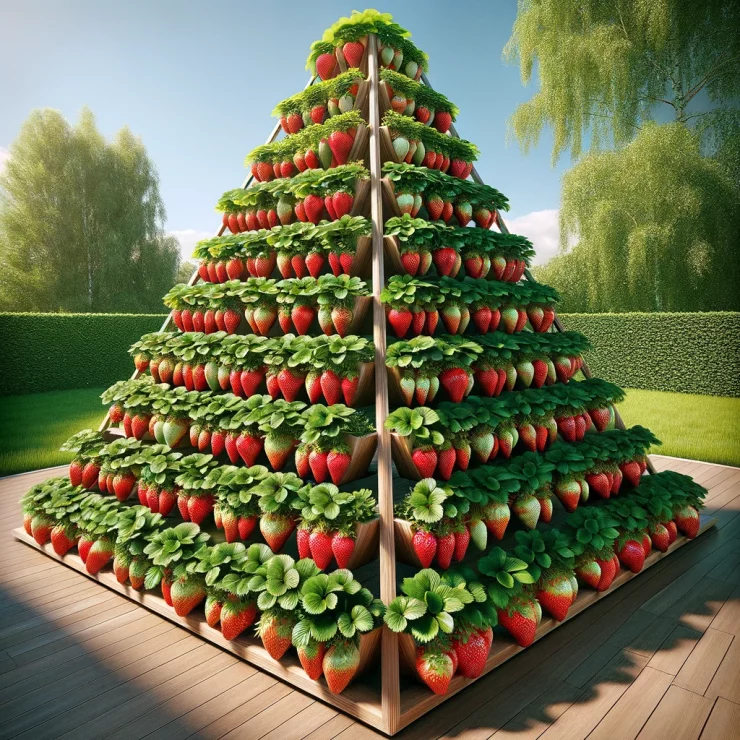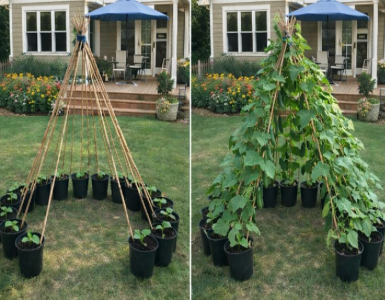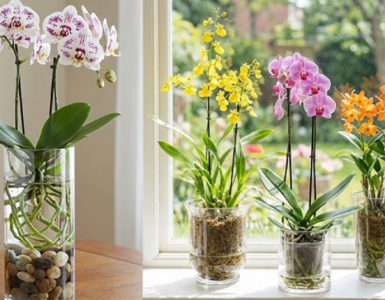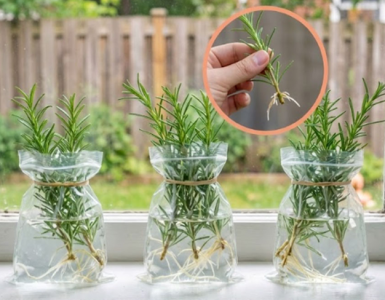Giant strawberries are a delightful treat for any gardener, offering a larger, juicier yield than standard varieties. To maximize your growing space and enhance the health and productivity of these delicious fruits, consider creating a multi-level garden. This approach not only saves space but also makes tending to your garden easier and can add an attractive element to your outdoor area. Here’s how to design and construct a multi-level garden specifically for growing giant strawberries.
Benefits of a Multi-Level Garden for Strawberries
- Improved Air Circulation: Elevated levels allow for better air circulation around the plants, reducing the risk of fungal diseases that strawberries are prone to.
- Easier Accessibility: Multi-level gardens provide easier access to your plants for harvesting and maintenance, minimizing the need for bending and stretching.
- Optimal Sun Exposure: By arranging the levels strategically, you can ensure that each strawberry plant receives the optimal amount of sunlight it needs to thrive.
- Efficient Use of Space: Multi-level gardens are particularly beneficial for small spaces, allowing you to grow more in a vertical fashion.
Planning Your Multi-Level Strawberry Garden
- Select the Right Location: Choose a spot that receives at least six to eight hours of sunlight daily. Strawberries need plenty of light to produce fruit.
- Choose Your Materials: Consider materials like wood, metal, or recycled plastic for constructing the frames. Ensure the materials are durable and suitable for outdoor use.
- Design Your Levels: Decide how many levels you want and the shape of each level. Common designs include tiered planters, pyramid shapes, or stacked raised beds.
Building the Multi-Level Structure
- Construction Plans: Sketch out detailed plans for each level, including dimensions and the type of materials you will use. Ensure each level is sturdy enough to hold the weight of soil and plants.
- Assemble the Frames: Construct each level separately, reinforcing connections to make the structure stable. If you’re not handy with tools, consider purchasing pre-made raised bed kits that can be easily assembled.
- Arrange the Levels: Position the levels so that plants on the lower tiers won’t be shaded by the upper ones. Staggering each level can help achieve this.
- Soil and Drainage: Use a high-quality potting mix formulated for fruits or vegetables, ensuring it has good drainage to prevent waterlogging.
Planting and Caring for Giant Strawberries
Opt for varieties known for producing large fruits, such as ‘Maxim,’ ‘Colossal,’ or ‘Giant Belgium’. Make sure they are suited to your climate.
Plant the strawberry starts in early spring, spacing them about 18 inches apart to give each plant enough room to grow.
Keep the soil consistently moist but not soggy. Use a balanced fertilizer that is suitable for fruit-bearing plants, following the instructions on the label for frequency and quantity.
Regularly check for and remove any diseased or dead foliage. Implement netting if birds become a problem.
Harvest the strawberries when they are fully red, and the fruit is firm to the touch.
Creating a multi-level garden for growing giant strawberries can transform your gardening experience, making it more productive, efficient, and enjoyable. Not only will it save space, but it will also add a beautiful and functional element to your yard. With the right care, your multi-level strawberry garden will be a fruitful endeavor, quite literally!






Add comment